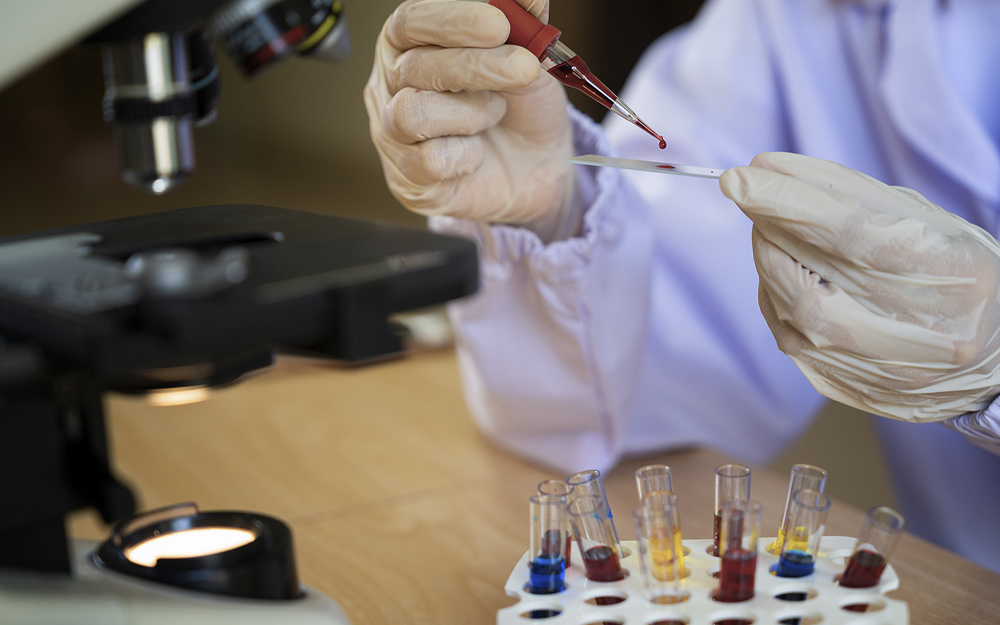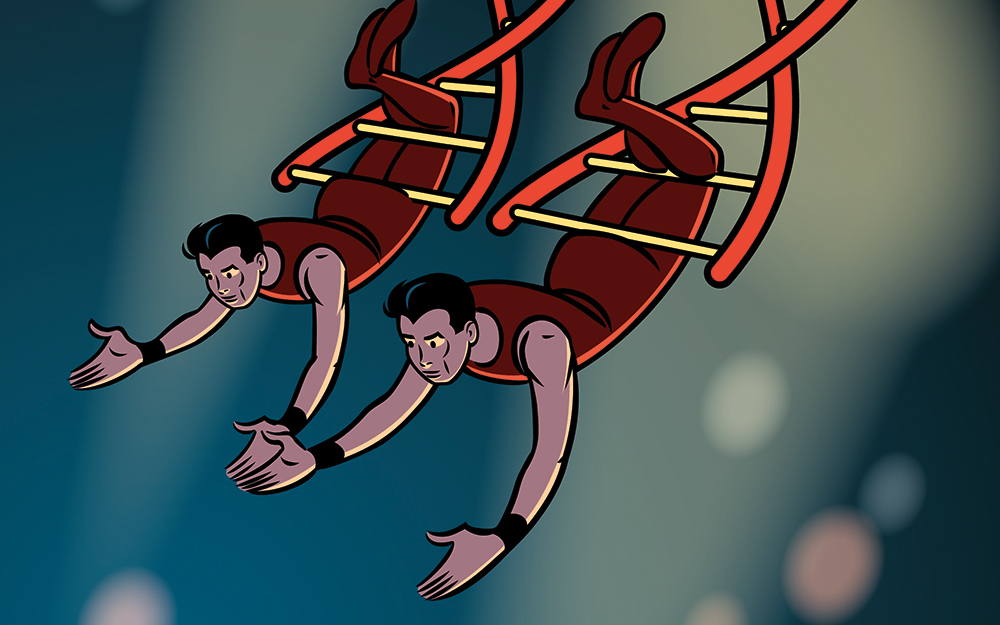Study Sheds Light on How Cancer Spreads in Blood
Date
March 2, 2021
Credits

Date
March 2, 2021
Credits
Medical providers featured in this article
In Brief
{{cta-block}}
Cancer exists to spread, transported via the bloodstream by particles called extracellular vesicles. These particles are known to help cancer metastasize to distant sites in the body, but exactly how this happens is unclear. A recent study sheds light on the mechanisms fueling cancer’s spread.
The findings may lead to diagnosing malignancies in less invasive ways, such as through blood tests, according to Dolores Di Vizio, MD, PhD, professor of Surgery, Biomedical Sciences, and Pathology and Laboratory Medicine at Cedars-Sinai.
Di Vizio focused on identifying, in extracellular vesicles, cancer-cell-derived proteins with a distinct molecular modification called palmitoylation. This modification makes the proteins more attracted to lipids that are present on cellular membranes such as extracellular vesicles.
Her team’s unique approach used the analytical technique mass spectrometry to identify the proteins with this modification. They found that, in some cases, for some proteins, the modification appears to be the very mechanism by which the proteins enter the vesicles.





